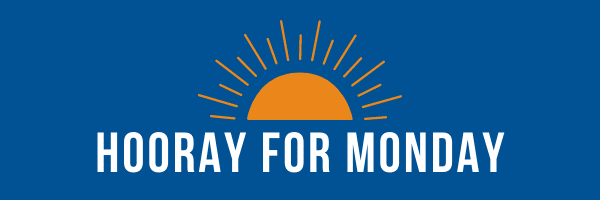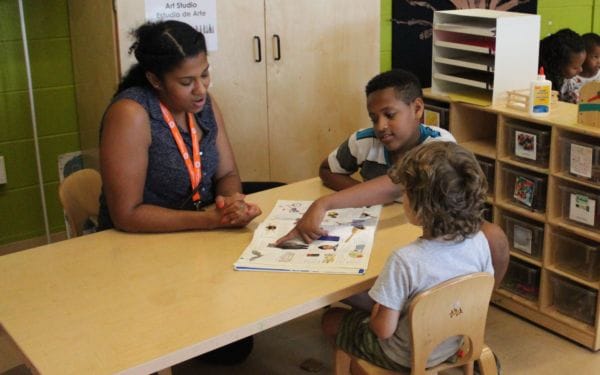July 12, 2021
By Aleta Margolis, Founder and President, Center for Inspired Teaching
Hooray for Monday is a weekly blog filled with questions, ideas, reflections, and actions we can all take to remodel the school experience for students.

Now that we’re breaking out of our quarantine bubbles, many of us are experiencing the pleasure of meeting new people. As teachers, when we introduce ourselves to new friends, we are often asked, “What do you teach?” We usually answer, “Biology” or “French” or “Elementary school.”
What might happen, however, if instead of asking and answering the question, “What do you teach,” we started a conversation about who we teach?
We talk a lot about the importance of teachers knowing their content, knowing what we teach. That is very important. It’s also very important to know who we teach.
So…Who do you teach?
[And for my dear friends who are English teachers, I ask, “Whom do you teach?”]
Your answer might start out as logistical: “I teach eighth-graders,” or “I teach young children,” or “I teach English language learners.”

How might you answer if you keep going and dive deeper? The following questions can serve as a taking-off point for learning more about your students. I’m using the word “child,” but the questions work just as well with the phrase “young person” – and they can be applied to an individual student or your whole class.
-
What do you wonder about this child?
-
What is important to this child?
-
What could delight this child?
-
What has this child learned so far/does this child understand so far? What might this child be interested in learning next?
-
How does this child interact with others in the class? In-person? Online? Outside of school?
-
What is this child passionate about? What do they care about most?
-
What can this child teach me, about the content we are studying, about how to learn, about listening?
Add to this list by brainstorming more questions that will help you deepen your knowledge of who you teach, along with what you teach. Build on this list by connecting each question to your content or curriculum. For example, “How might the interests of each of my students connect to the content I am teaching this year?”
Approaching each student with genuine empathy and curiosity about who they are – and avoiding assumptions based on demographic information or someone’s grades or file from last year – is core to building authentic relationships.
So, when someone asks you who you teach, what will you be able to say?
